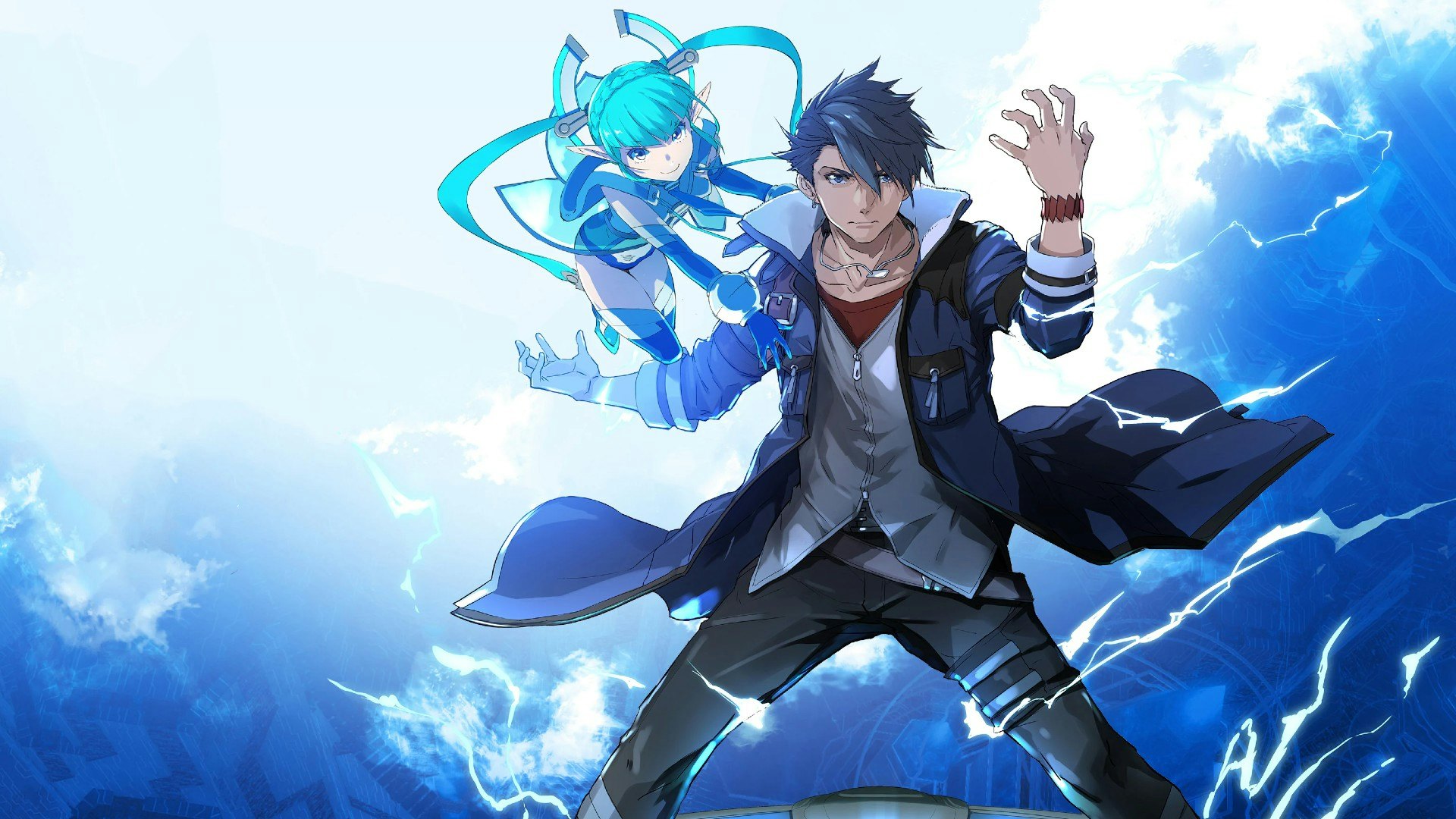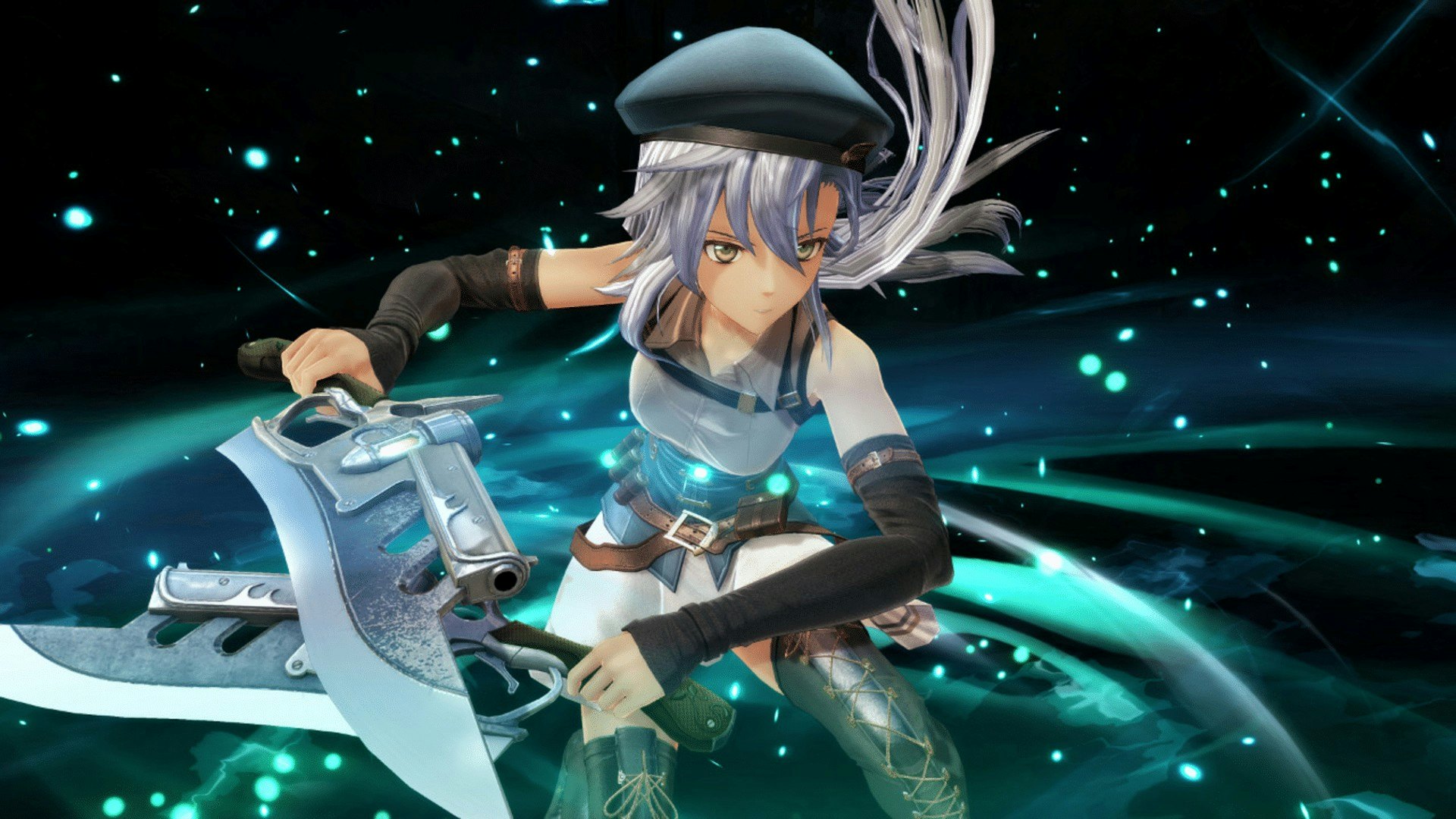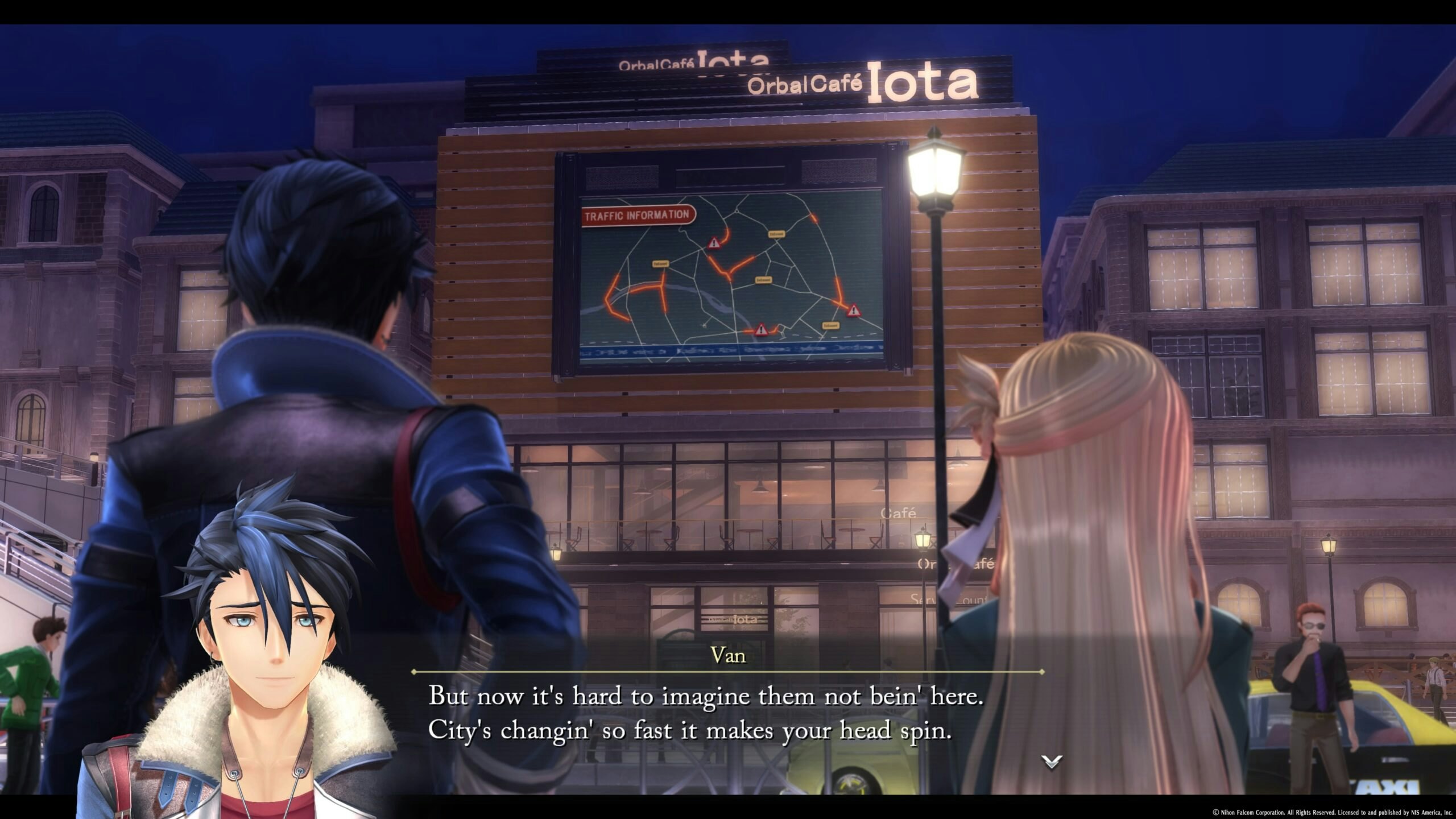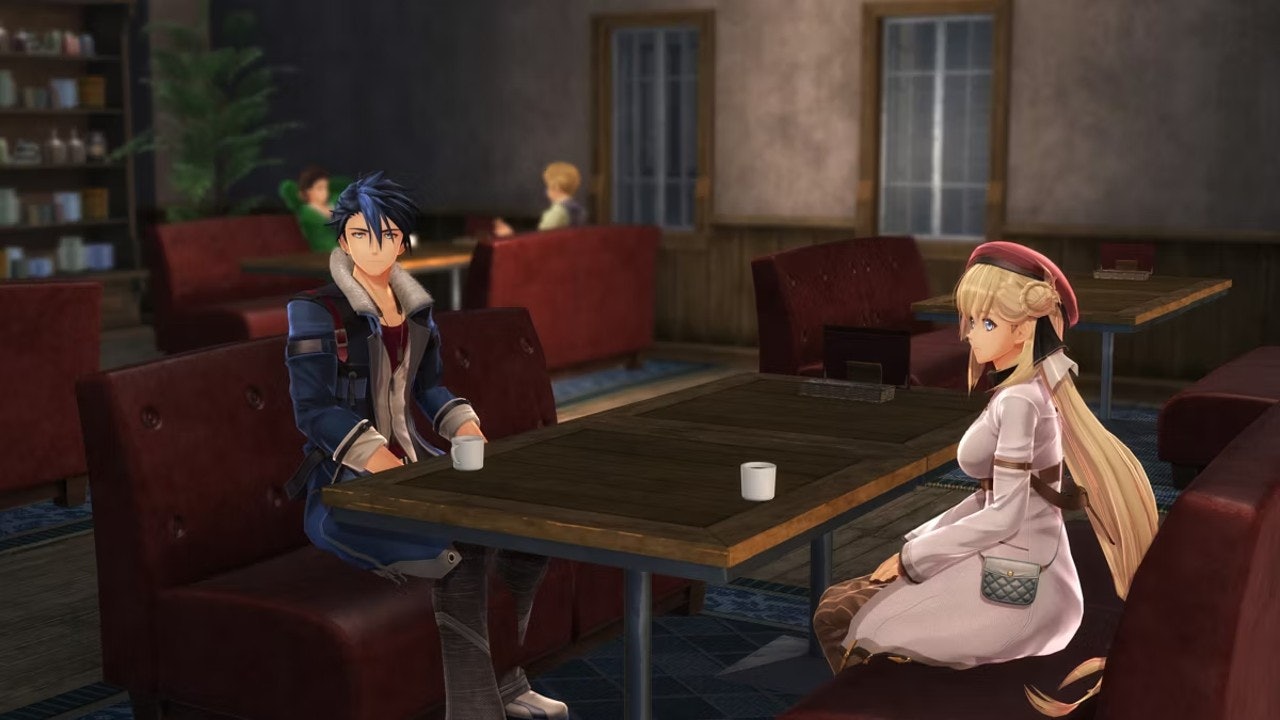
The Trails games are one of the most criminally overlooked RPG series out there, especially when it comes down to sheer character writing and world-building. Trails has built up one of the most impressive sagas in games, with a story that plays out across eleven games, all while weaving in political, societal, and cultural themes. Even after everything the series has done, Trails Through Daybreak stands at its peak, and a big part of that is because of its hero. Van Arkride is an utterly fascinating protagonist who manages to feel both fresh and familiar all at once, and even puts an important spin on morality.
The Trails games have featured a number of protagonists up to this point, all of which bring their own unique approach and have become beloved by fans. Trails in the Sky’s Estelle subverts your expectations for the bubbly young hero, Crossbell’s Lloyd is a brilliant detective who grows into a charismatic leader, and Cold Steel’s Rean has to learn to lean on others and not do everything himself. Each of these characters has complex arcs that make them dynamic characters, and I personally have a ton of attachment to them all, but Van Arkride puts them to shame.

Daybreak is Van’s first appearance in Trails, but the game does an impeccable job of making sure he doesn’t feel like a random addition. One of the brilliant narrative tricks Daybreak employs is weaving all of the new characters into that established narrative seamlessly.
Van is what’s known as a “spriggan” in the Calvard Republic, a kind of handyman willing to take on any job, even if it skirts the law. For fans that have stuck with the series, Daybreak uses established characters to instantly build your perception of Van. He has a history and relationships with returning characters, like Renne or Fie, and how these characters treat him instantly informs your perception. You quickly get the sense that Van has been with the series the whole time, just operating from the shadows, and this is the first time you’re seeing him. It’s a flawless execution that immediately makes him relatable, but even for new players, Daybreak provides compelling layers to Van as a protagonist.
Over the first dozen hours of Daybreak, you learn a lot about Van; he loves sweets so much it’s racially an obsession, he hides how much he secretly enjoys mentoring others, and he lacks any hope for his own future. There are story reasons for that last one, but this is one of Van’s more interesting elements. He’s only 24 years old but already has no hope for his future, content to laze around and do random jobs because he thinks he’ll never amount to more.

It’s a pretty accurate allegory to how a lot of young people feel these days, like the world has already ruined their chance at their dreams, so what’s the point? This is a clear theme that runs throughout Van’s arc, and something Daybreak genuinely wants to comment on. It’s rare to see an RPG that feels like it’s directly trying to speak to younger generations and impart a message.
But Van also isn’t just some idyllic starry-eyed hero, he doesn’t pretend to think that all of the world’s problems can be solved through the power of friendship. Van is an intentionally morally grey protagonist, someone who’s willing to help find a kid find their lost kitten, but isn’t afraid to blackmail someone into leaving the country forever. At times throughout the story, Van feels ruthless in pursuing his idea of justice, but that plays perfectly into his character arc at the same time.
In many ways, Van feels similar to Mass Effect’s Commander Shepard, an established character that clearly has their own personality, but allows the player some room in how to interpret them. Throughout Daybreak, you can make moral choices that affect the organization you ally yourself with later in the story. There aren’t multiple endings or anything, but the way you perceive Van as a protagonist can absolutely be altered. He has a core set of values, but there’s wiggle room in terms of how those values can bend.

Because he’s such a rich character having those moral choices feels natural, it feels like an extension of the character’s internal struggle, rather than a gameplay mechanic. Van is constantly torn between trying to do the right thing, and realizing the law and police system of his country won’t get things done. Juxtaposing these ideas with Van’s genuine want to teach and mentor others creates a fascinating dichotomy of a character.
More than anything, Van Arkride doesn’t feel one-note, he feels like a plausible person living in a fantasy world, a realist that grounds the story at all times. Past Trails protagonists have all had their own strengths, but like many RPG heroes, they feel like idyllic versions of people that we’re supposed to look up to, the embodiment of who we’d want to be.
Van is not that. He’s not someone you want to be, but someone you should learn from.







